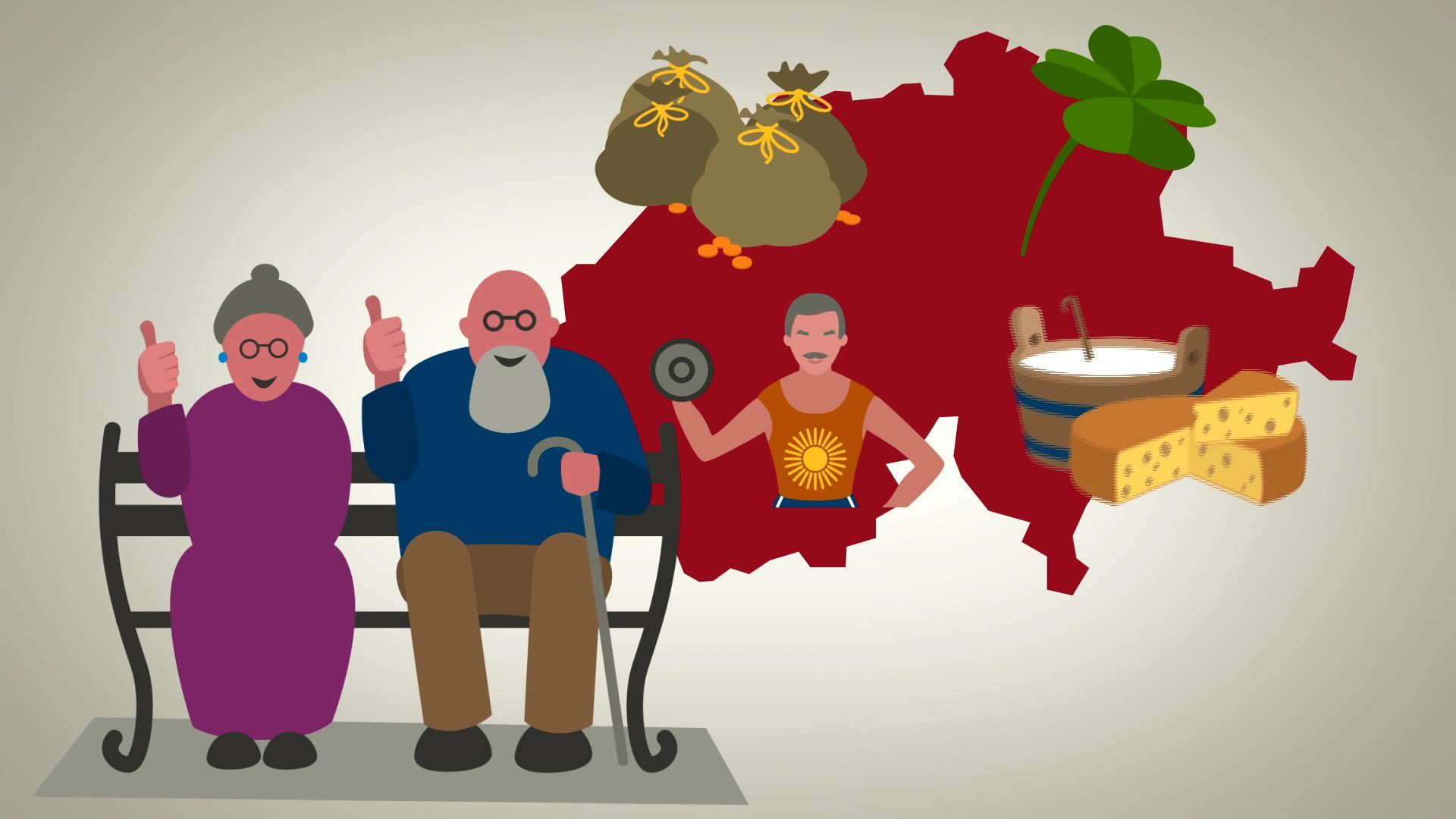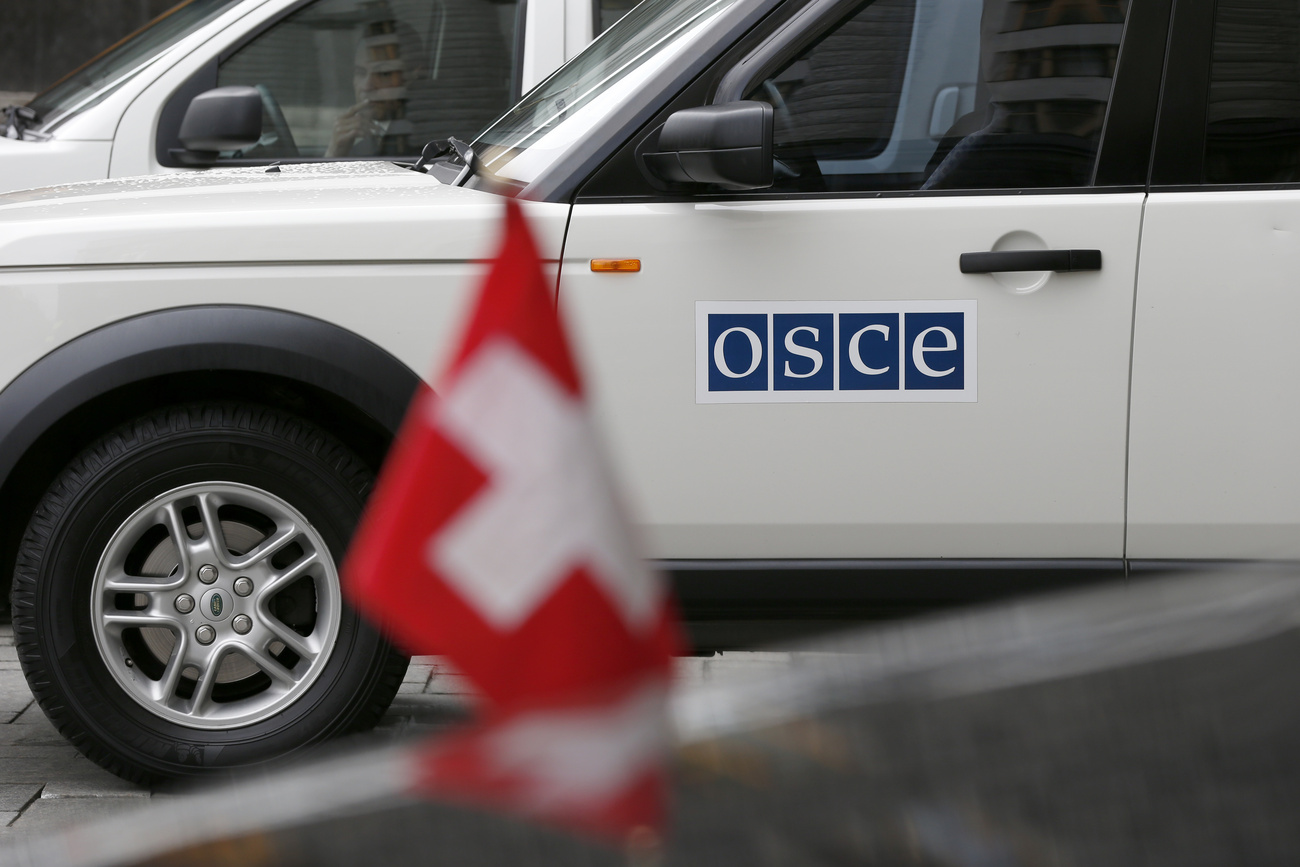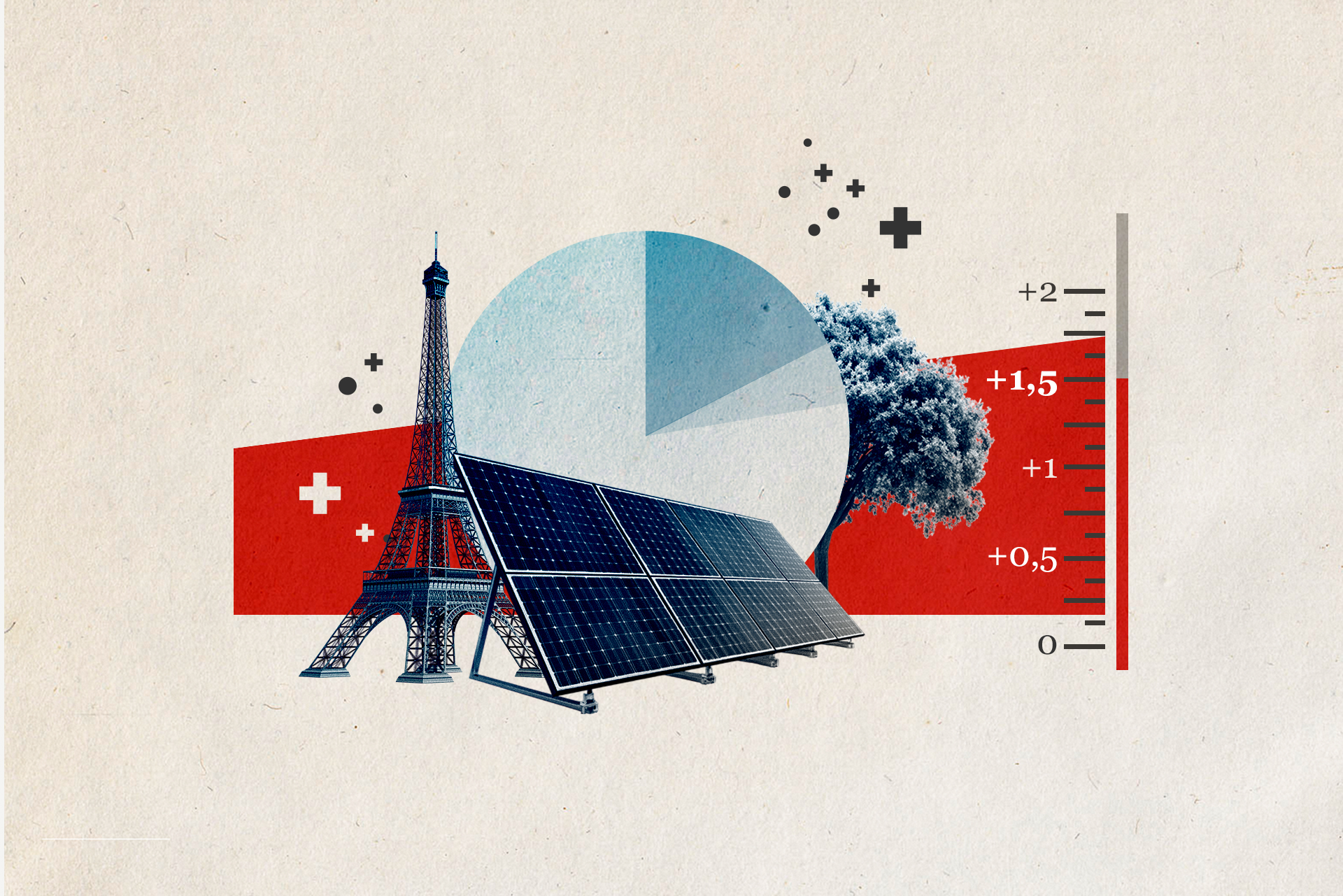
Swiss named longevity champions

The number of centenarians as well as overall life expectancy is increasing in Switzerland. A boy born in Switzerland in 2021 has the highest life expectancy in the world.
In 1990, 377 centenarians lived in Switzerland; ten years later the number had risen to 787 and now there are 1,888, three-quarters of whom are women, the Matin Dimanchewrote on SundayExternal link.
“According to the ranking drawn up by the OECD, a boy born in our country in 2021 will have the highest possible life expectancy at 81.9 years, just ahead of Icelanders, Norwegians and Japanese,” sociologist Stéphane Cullati, a researcher at the University of Fribourg, told the newspaper.
For a girl born in 2021, the prognosis is “also very favourable”, because Switzerland is in fourth place behind Japan, South Korea and Spain with a life expectancy of over 85 years.
“According to some demographic estimates, one out of every two children born in Switzerland after the year 2000 will become a centenarian,” said Daniela Jopp, a professor at the University of Lausanne who is leading the first national study on centenarians.
Being old is one thing, being healthy is another. But, according to Cullati, “a person who retires at 65 still has an average of 15 to 20 years of good health ahead of them. This is considerable, and allows us to plan ahead”.

More
Why the Swiss live longer
Inequality
However, a recent studyExternal link by Cullati and Adrien Redmund has once again shown that Swiss society is not equal when it comes to life expectancy in good health. An inequality persists and is growing between university graduates and those who did not study beyond compulsory schooling.
“The difference is significant, especially for men,” Cullati said. “In 1994 the gap between the two was 7.6 years. Now, graduates will live for 8.8 years longer in good health.”
One possible explanation for this, he suggests, is that people who have spent more time at school “are more aware of prevention campaigns, are more concerned about their health and consult [doctors] more regularly”.

More
Grey pride

In compliance with the JTI standards
More: SWI swissinfo.ch certified by the Journalism Trust Initiative




























You can find an overview of ongoing debates with our journalists here . Please join us!
If you want to start a conversation about a topic raised in this article or want to report factual errors, email us at english@swissinfo.ch.